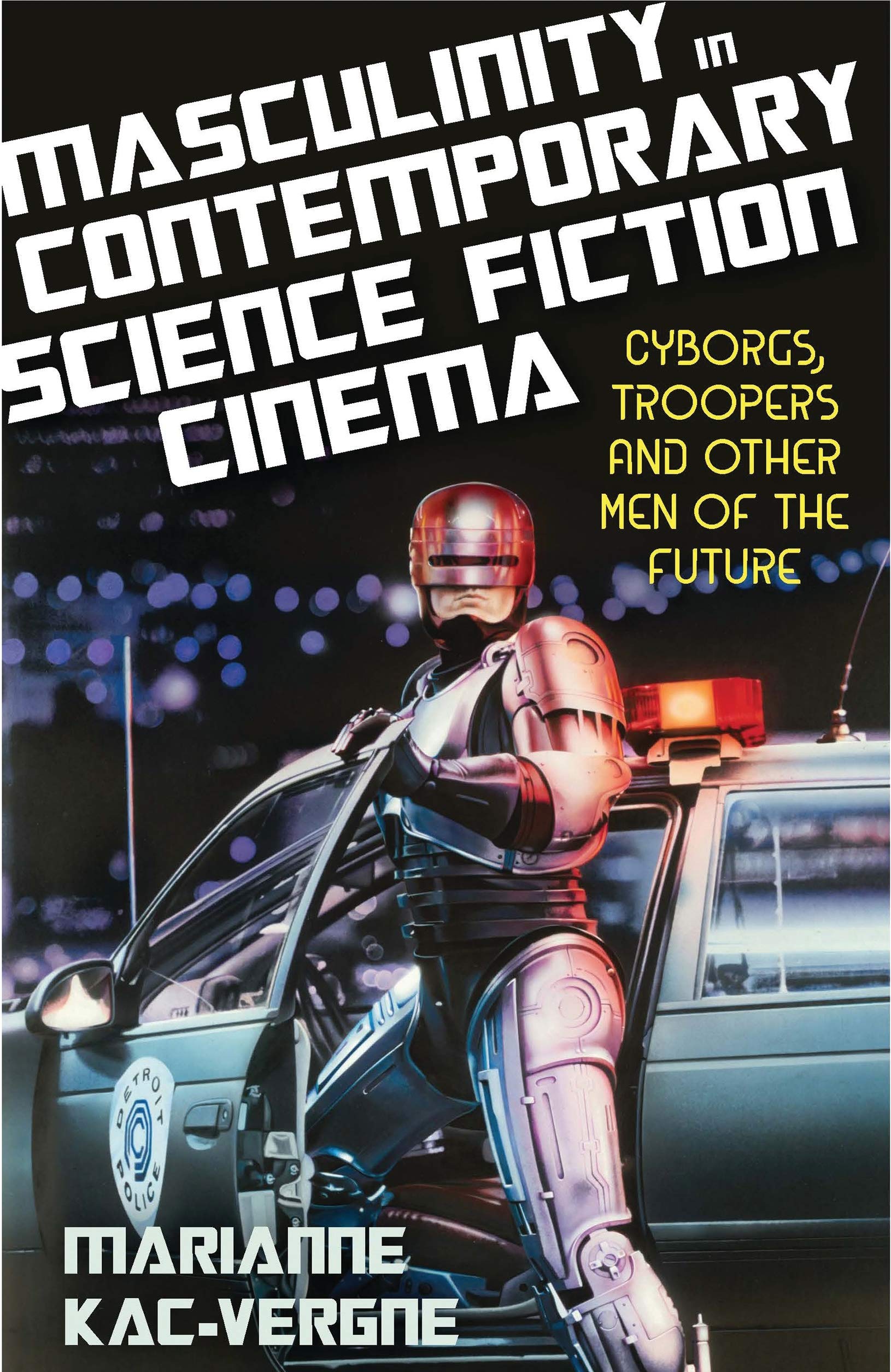Masculinity in Contemporary Science Fiction Cinema | Marianne Kac-Vergne

Detalii Masculinity in Contemporary Science Fiction
carturesti.ro
783.2 Lei
Carte straina
I.B.Tauris & Co. Ltd.
Masculinity in Contemporary Science Fiction - Disponibil la carturesti.ro
Pe YEO găsești Masculinity in Contemporary Science Fiction de la I.B.Tauris & Co. Ltd., în categoria Carte straina.
Indiferent de nevoile tale, Masculinity in Contemporary Science Fiction Cinema | Marianne Kac-Vergne din categoria Carte straina îți poate aduce un echilibru perfect între calitate și preț, cu avantaje practice și moderne.
Caracteristici și Avantaje ale produsului Masculinity in Contemporary Science Fiction
- Departament: gaming-carti-birotica
- Ideal pentru pasionații de jocuri, birotică și distracție online.
Preț: 783.2 Lei
Caracteristicile produsului Masculinity in Contemporary Science Fiction
- Brand: I.B.Tauris & Co. Ltd.
- Categoria: Carte straina
- Magazin: carturesti.ro
- Ultima actualizare: 17-11-2020 23:15:50
Comandă Masculinity in Contemporary Science Fiction Online, Simplu și Rapid
Prin intermediul platformei YEO, poți comanda Masculinity in Contemporary Science Fiction de la carturesti.ro rapid și în siguranță. Bucură-te de o experiență de cumpărături online optimizată și descoperă cele mai bune oferte actualizate constant.
Descriere magazin:
If science fiction stages the battle between humans and non-humans, whether alien or machine, who is elected to fight for us? In the classics of science fiction cinema, humanity is nearly always represented by a male, and until recently, a white male. Spanning landmark American films from Blade Runner to Avatar, this major new study offers the first ever analysis of masculinity in science fiction cinema. It uncovers the evolution of masculine heroes from the 1980s until the present day, and the roles played by their feminine counterparts. Considering gender alongside racial and class politics, Masculinity in Contemporary Science Fiction Cinema also brilliantly situates filmic examples within the broader culture. In view of its largely young male audience, what masculine norms and models of behaviour are promoted by science fiction films? During the 1980s, the genre helped to redefine white masculinity in America as both powerful and victimised. Heroes embodied Reagan-era hypermasculinity, but owed their resolve to earlier traumas inflicted by greedy and technology-obsessed elites, a critique of the decade s materialism. By the 1990s, the emotional terrain available to male characters was expanded, even witnessing the humanisation of the Terminator, and black characters entered the stage. At the same time, the world of science fiction became increasingly sanitised, moving away from the dystopias of the 1980s. Can science fiction call into question the privileged position of whiteness as the invisible and universal norm for the whole of humanity? In many ways, science fiction challenges the status quo, offering an imaginary space where identities are renegotiated. Working-class heroes fight corrupt corporations (Escape from New York or RoboCop), powerful heroines battle for survival (Alien), and cyborgs morph from one sex to another (Terminator 2). Considering these alternative visions, the book highlights the tensions inherent to science fiction as a genre. It is indispensable for understanding science fiction and its role in contemporary cultural politics.

Produse asemănătoare
Produse marca I.B.Tauris & Co. Ltd.

A Short History of the Spanish Civil War | Julian Casanova
![]() carturesti.ro
carturesti.ro
Actualizat in 27/10/2025
70 Lei




